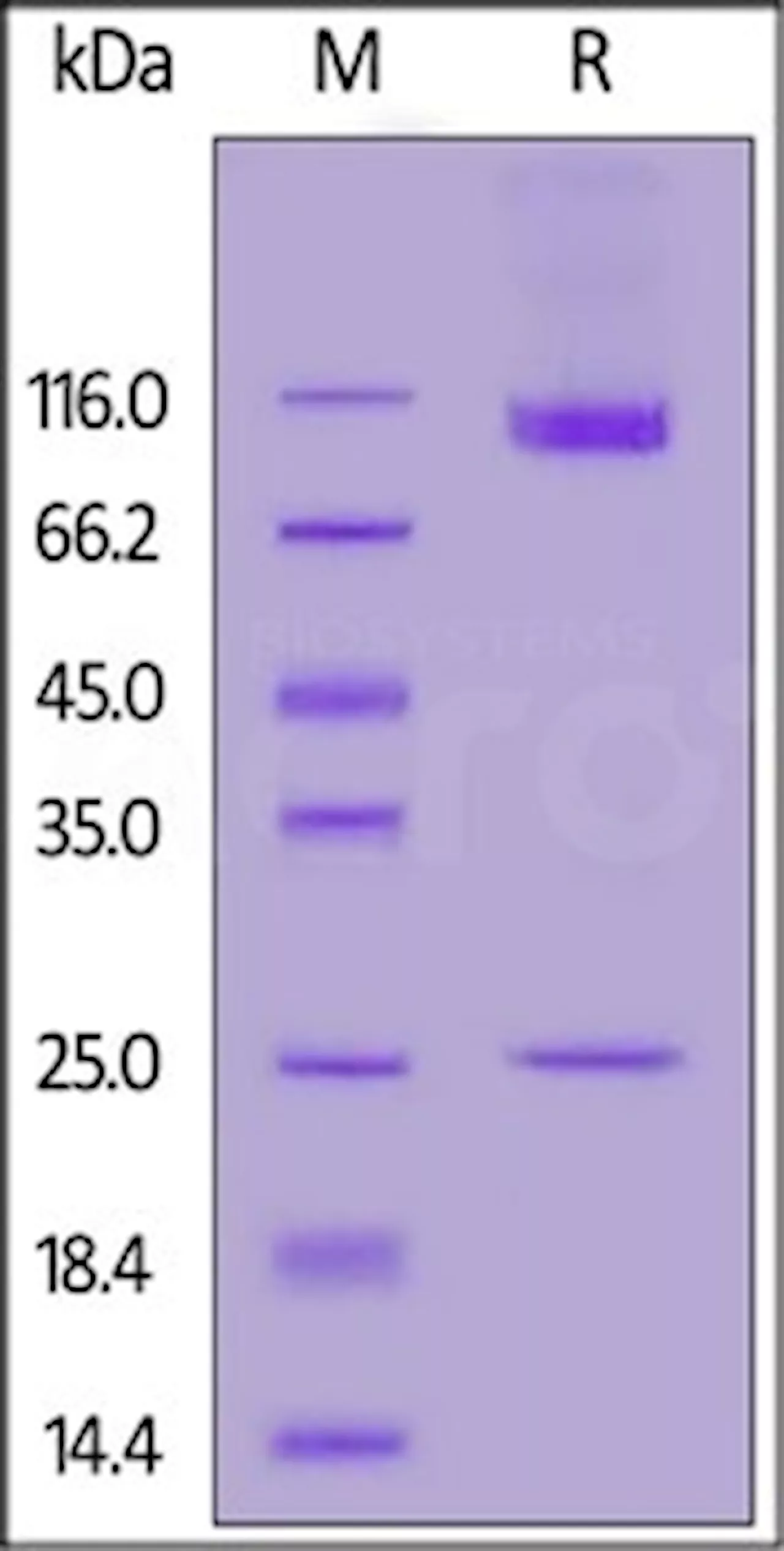Prominin-1, also known as CD133, Antigen AC133, PROM1, PROML1, and MSTP061, is a hematopoietic stem and progenitor cell (HSPC) marker.
Prominin-1, also known as CD133, Antigen AC133, PROM1, PROML1, and MSTP061, is a marker used for hematopoietic stem and progenitor cells in somatic stem cell isolation. It can play a role in cell differentiation, proliferation, and apoptosis. Prominin-1 binds cholesterol in cholesterol-containing plasma membrane microdomains and can also be involved in the organization of the apical plasma membrane in epithelial cells.
During early retinal development, it acts as a key regulator of disk morphogenesis. Additionally, it is involved in the regulation of the MAPK and Akt signaling pathways. In neuroblastoma cells, Prominin-1 suppresses cell differentiation, such as neurite outgrowth, in a RET-dependent manner.
Your questions, but not your email details will be shared with OpenAI and retained for 30 days in accordance with their privacy principles.
United Kingdom Latest News, United Kingdom Headlines
Similar News:You can also read news stories similar to this one that we have collected from other news sources.
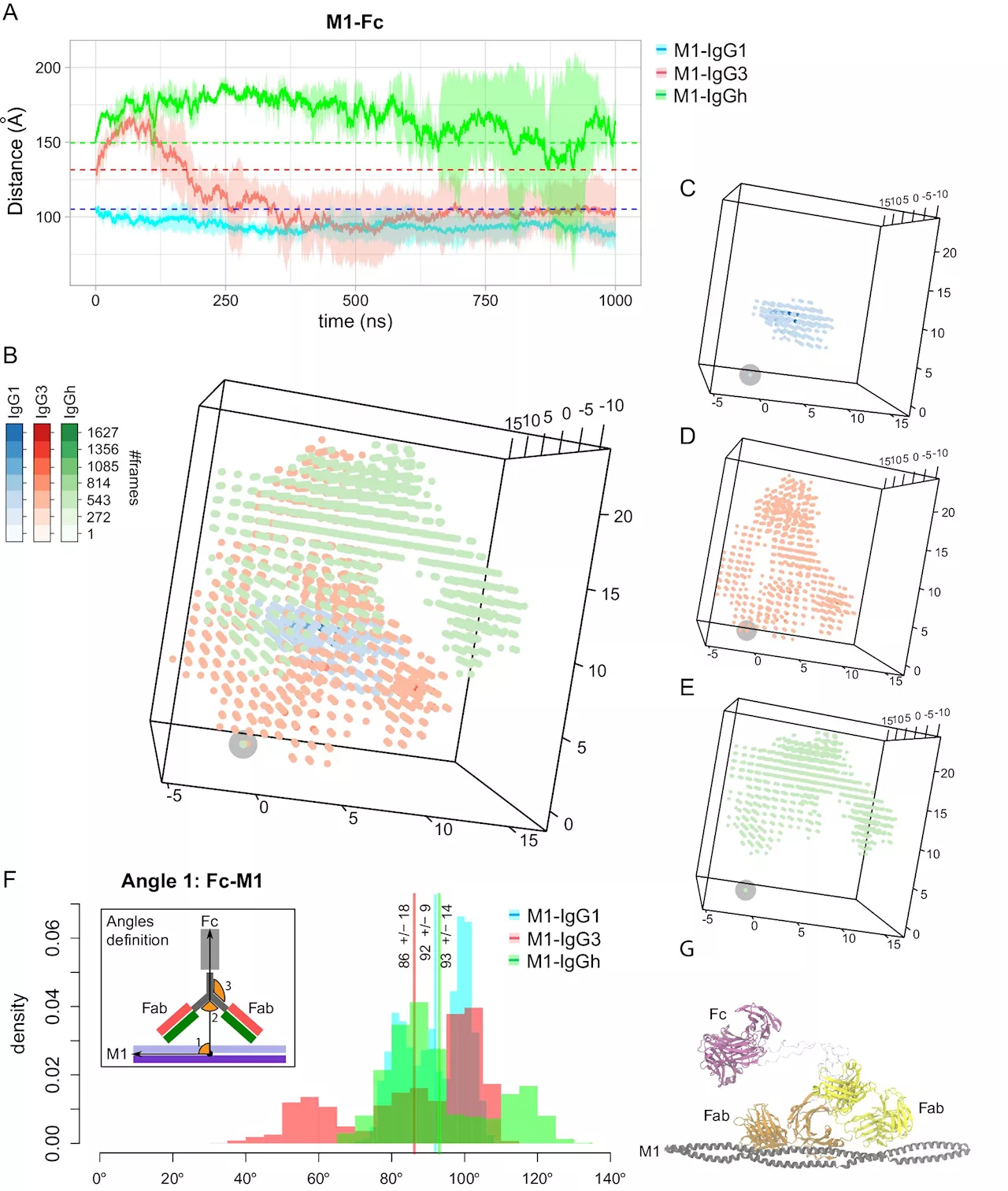 Researchers develop hybrid antibody with improved immune activationAntibodies can be likened to keys, with antigens as the corresponding locks. Each antibody is uniquely shaped to fit a specific antigen, much like a key fits its particular lock. The precise ability to bind to disease-causing proteins makes antibodies invaluable for researchers developing new treatments.
Researchers develop hybrid antibody with improved immune activationAntibodies can be likened to keys, with antigens as the corresponding locks. Each antibody is uniquely shaped to fit a specific antigen, much like a key fits its particular lock. The precise ability to bind to disease-causing proteins makes antibodies invaluable for researchers developing new treatments.
Read more »
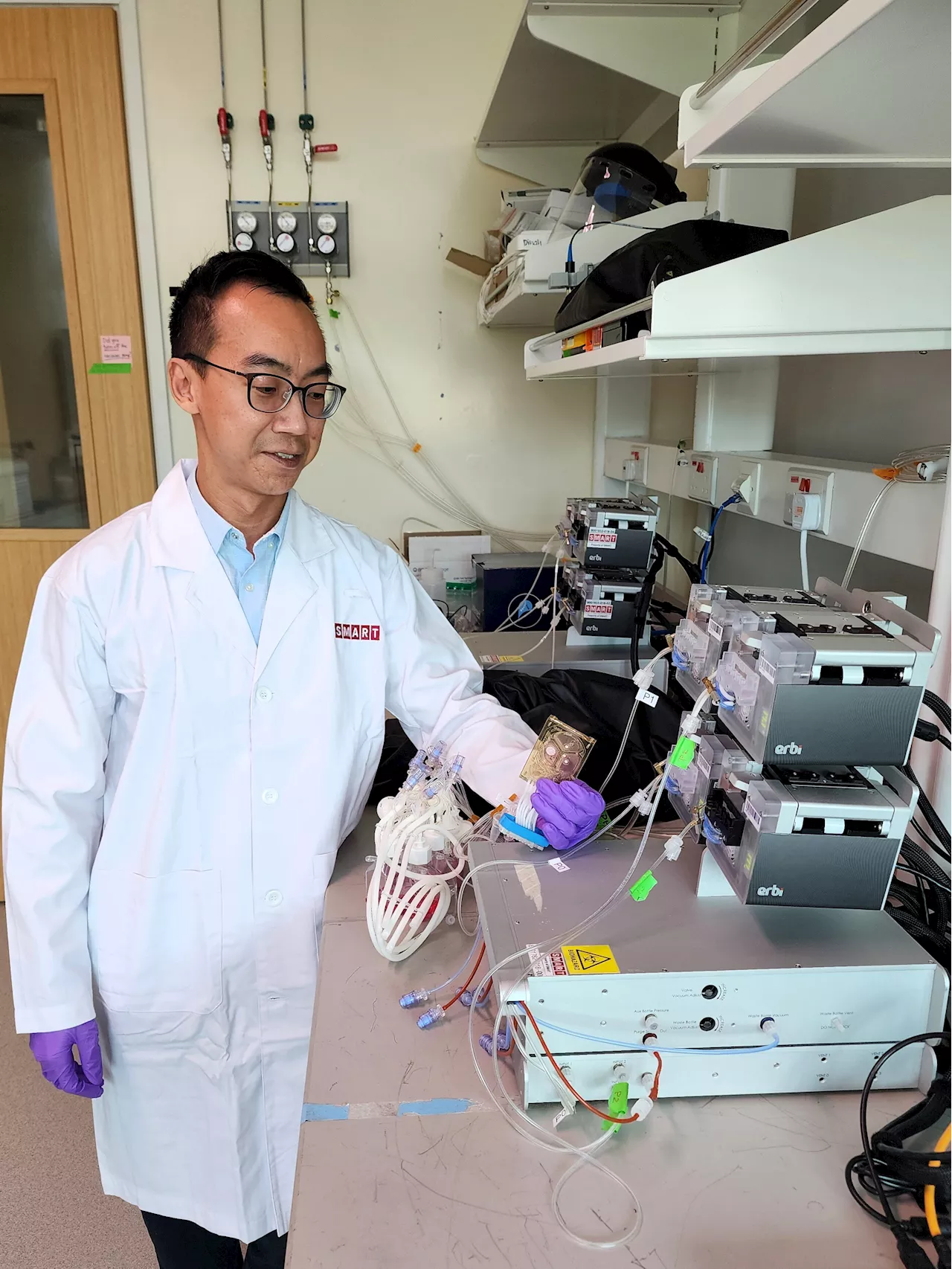 Researchers pioneer production of CAR T-cells using high-density microfluidic bioreactorResearchers have developed a novel method capable of producing clinical doses of viable autologous chimeric antigen receptor (CAR) T-cells in a ultra-small automated closed-system microfluidic chip, roughly the size of a pack of cards.
Researchers pioneer production of CAR T-cells using high-density microfluidic bioreactorResearchers have developed a novel method capable of producing clinical doses of viable autologous chimeric antigen receptor (CAR) T-cells in a ultra-small automated closed-system microfluidic chip, roughly the size of a pack of cards.
Read more »
 FDA-mandated CAR-T monitoring period could be halved, say researchersIn patients with diffuse large B-cell non-Hodgkin lymphoma (DLBCL), the two hallmark post-chimeric antigen receptor (CAR)-T therapy toxicities are extremely rare after two weeks, supporting a shorter, more flexible toxicity monitoring period, according to a study published in Blood Advances.
FDA-mandated CAR-T monitoring period could be halved, say researchersIn patients with diffuse large B-cell non-Hodgkin lymphoma (DLBCL), the two hallmark post-chimeric antigen receptor (CAR)-T therapy toxicities are extremely rare after two weeks, supporting a shorter, more flexible toxicity monitoring period, according to a study published in Blood Advances.
Read more »
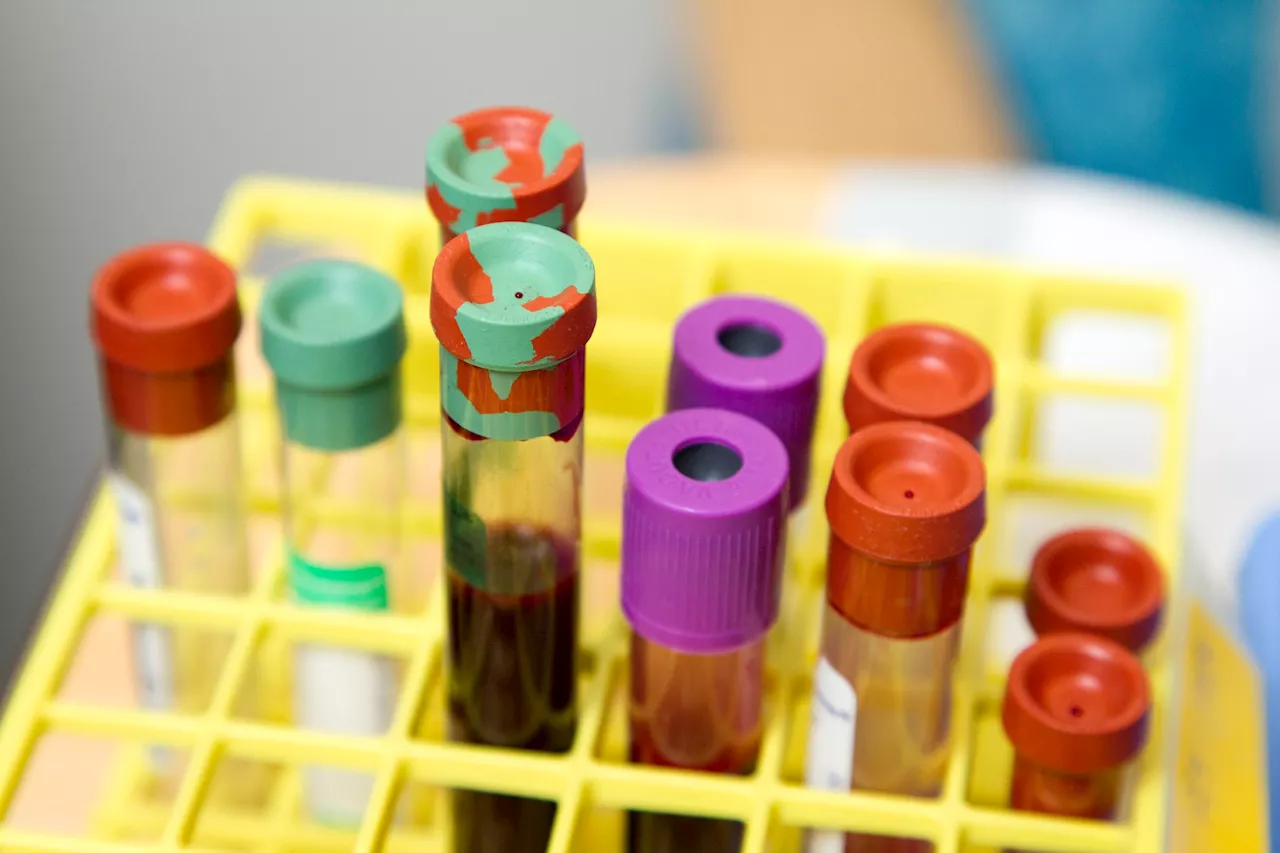 Medical costs are substantial and rising for privately-insured men with abnormal prostate cancer screening resultsProstate-specific antigen (PSA) screening aims to identify men who may harbor potentially lethal prostate cancer, and those with high PSA results often require more extensive (and expensive) diagnostic testing to establish a diagnosis. New research reveals that the out-of-pocket costs for such additional tests are substantial, common, and rising.
Medical costs are substantial and rising for privately-insured men with abnormal prostate cancer screening resultsProstate-specific antigen (PSA) screening aims to identify men who may harbor potentially lethal prostate cancer, and those with high PSA results often require more extensive (and expensive) diagnostic testing to establish a diagnosis. New research reveals that the out-of-pocket costs for such additional tests are substantial, common, and rising.
Read more »
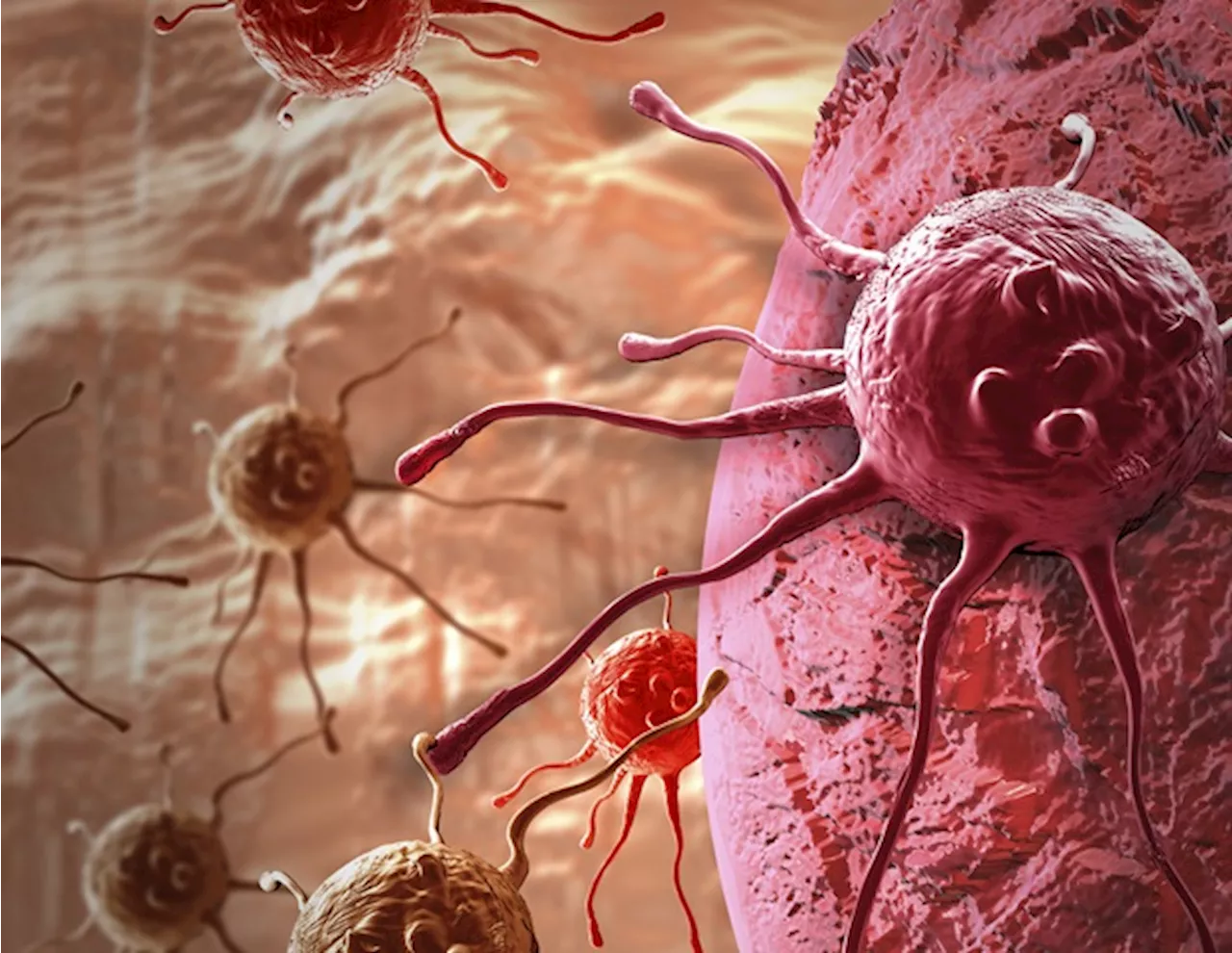 Out-of-pocket costs from diagnostic testing after prostate cancer screening are common and risingProstate-specific antigen (PSA) screening aims to identify men who may harbor potentially lethal prostate cancer, and those with high PSA results often require more extensive (and expensive) diagnostic testing to establish a diagnosis.
Out-of-pocket costs from diagnostic testing after prostate cancer screening are common and risingProstate-specific antigen (PSA) screening aims to identify men who may harbor potentially lethal prostate cancer, and those with high PSA results often require more extensive (and expensive) diagnostic testing to establish a diagnosis.
Read more »
 Study highlights infection as major post-CAR-T therapy challengeIn patients with diffuse large B-cell non-Hodgkin lymphoma (DLBCL), the two hallmark post-chimeric antigen receptor (CAR)-T therapy toxicities are extremely rare after two weeks, supporting a shorter, more flexible toxicity monitoring period, according to a study published in Blood Advances.
Study highlights infection as major post-CAR-T therapy challengeIn patients with diffuse large B-cell non-Hodgkin lymphoma (DLBCL), the two hallmark post-chimeric antigen receptor (CAR)-T therapy toxicities are extremely rare after two weeks, supporting a shorter, more flexible toxicity monitoring period, according to a study published in Blood Advances.
Read more »
